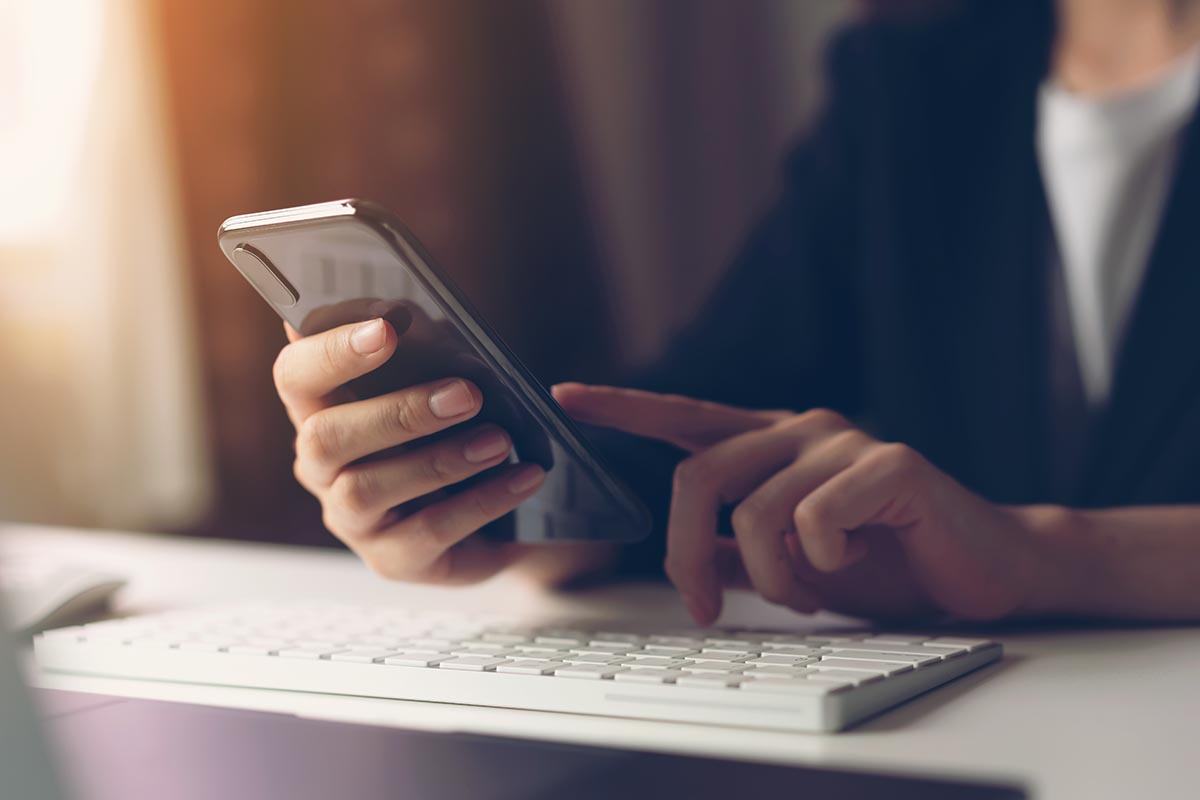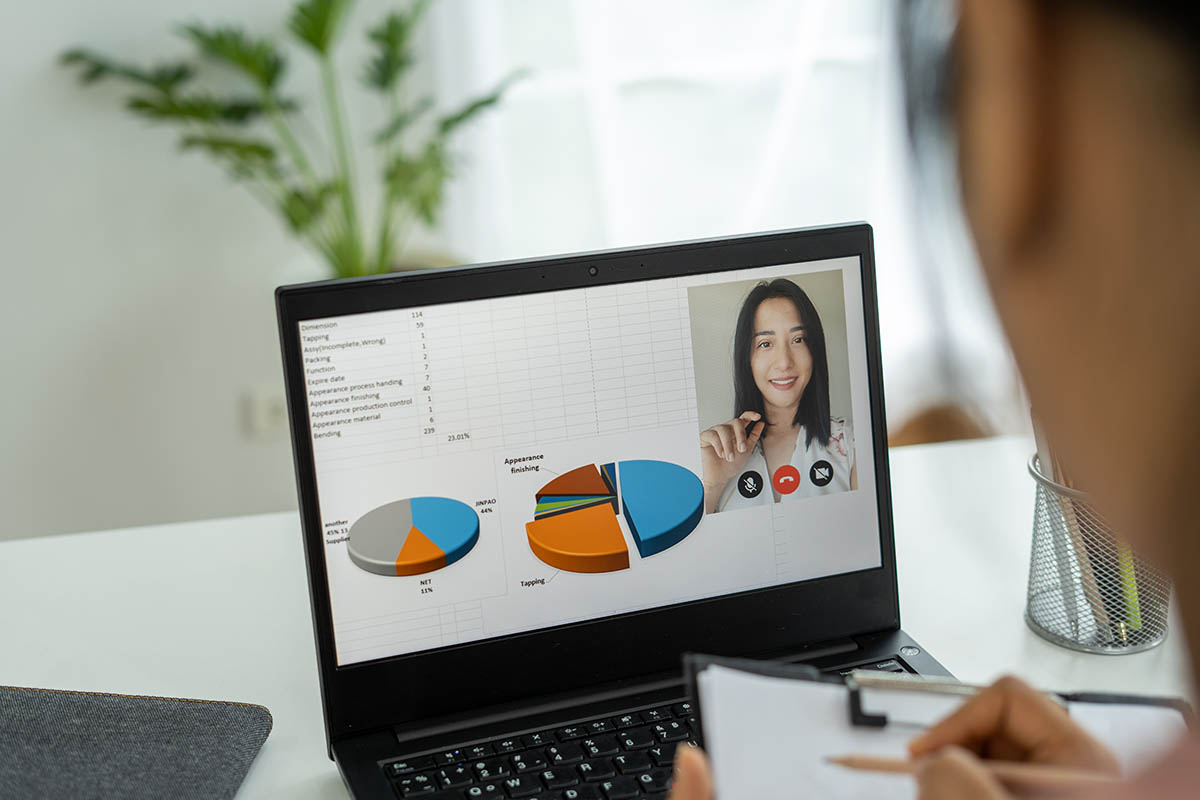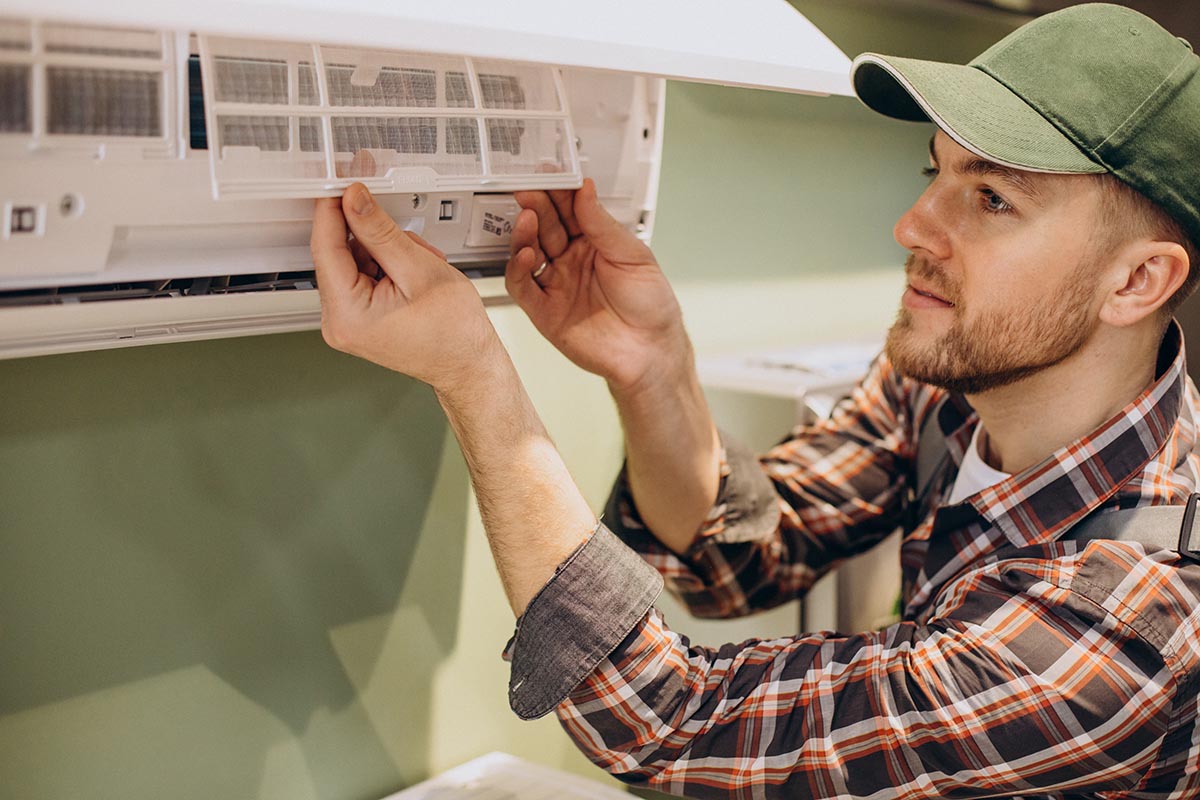5 Simple Tips to Stay Safe Online
People spend more time online nowadays than ever before. Between social networks, studying, working, entertainment, bill paying, and so on, there’s no denying that the internet is a massive part of people’s lives.
Over the last year, the pandemic has increased the time people spend online even more. Many users found the change refreshingly quick and straightforward, and cheaper than physically doing these things on location.
However, the increased time spent online and the number of activities carried out have given rise to some safety concerns.
A lot of anxiety stems from not understanding how the technology works or how to use it securely. In today’s world, it can feel impossible to keep your information out of the wrong hands. However, there are steps you can take.
Tips to Stay Safe Online: Protect Your Financials
Your bank probably has online services, which can make your life easier. You can also purchase everything from specialty gifts to groceries via online eCommerce portals.
However, you must make sure that your financial information is protected in these circumstances.
To protect your financial information like account details, passwords, and transactions, you need to keep a few things in mind:
- Don’t check your bank account or other financial account balance on public WiFi or a public computer. These networks are less secure than your home WiFi and can attract those looking to exploit this security weakness and steal vulnerable info, so steer clear of them.
- Don’t make purchases online via sites that do not have an SSL certificate. An SSL certificate authenticates a website, confirming that they are who they claim to be. It also encrypts the data sent between your browser and the website so that bad actors can’t see or alter the data. A website with an SSL certificate will have a green lock and start with “HTTPS” on the address bar.
- Never respond to suspicious emails, even if they look authentic, that ask for your financial information. In addition, don’t open attachments to emails of this sort.
If you aren’t careful with your financial information, hackers can steal it, along with your money. Even if you are lucky enough to catch the mishap early, then you will still have to go through the hassle of canceling accounts and credit cards that are compromised. The best course, therefore, is to avoid the situation altogether.
Know the Tricks Used By Viruses and Malware
Viruses and malware can steal, corrupt, alter or delete your data. There are numerous ways that your computer can get attacked, but the most common include:
- Downloading corrupted data (like files, media, or games), browser extensions, or software
- Clicking links from hackers
- Downloading suspicious attachments from emails
- Not updating operating system or software, leaving your device vulnerable
- Accessing sensitive information via an unsecured network
Even the savviest people can end up encountering malicious software eventually, despite their best efforts.
If you do, you should immediately take your device to a professional who knows how to remove viruses from your computer.
They will have the software to clean your computer, retrieve lost data and protect your machine from future attacks.
Update Your Software
Computer operating systems and many apps you use regularly come with updates. Updates are new versions that make your device work better and increase your online security by fixing bugs and shoring up your device’s defenses against viruses and malware. They also optimize performance, giving you a better browsing experience.
Most operating systems and software programs can automatically install updates if you set them to do so.
If you are worried about hard drive space or data usage, you can also set your device to notify you of available updates, so you can decide when to install them manually.
Tips to Stay Safe Online: Don’t Be Too Social Via Social Media
Social media is an excellent platform to meet people from all around the world and around various interests. Although social media can be a social good, hackers and other bad actors use it as well.
To stay safe on social media, you should avoid sharing your location and financial information (even basics) via social channels.
Set your accounts to private so that only those you choose will see your posts. Also, avoid public conflicts—anyone can use them against you in the future.
Protect Your Passwords
Your passwords are the key to your online world. They give you access to everything from your emails to social media, banking, online shopping, work, and more.
If you lose them, it can be frustrating; it’s even more devastating if someone steals your password and uses it to access your information and assets.
The first defense against having your password stolen is to create a strong password that others can’t guess.
A strong password needs a combination of special characters, numbers, and letters, capitals, and lowercase that are randomized.
You don’t have to worry about remembering long, complex passwords if you have a password manager.
Password managers store and create strong passwords for you; you only need to remember the master password to access them.
Tips to Stay Safe Online: Safe Surfing
Studying, working, and living online don’t have to be a hazard. Follow the simple guidelines above, and you will be protected. If you are ever unsure about any security issue, inquire from your service provider, and they will gladly help.





















